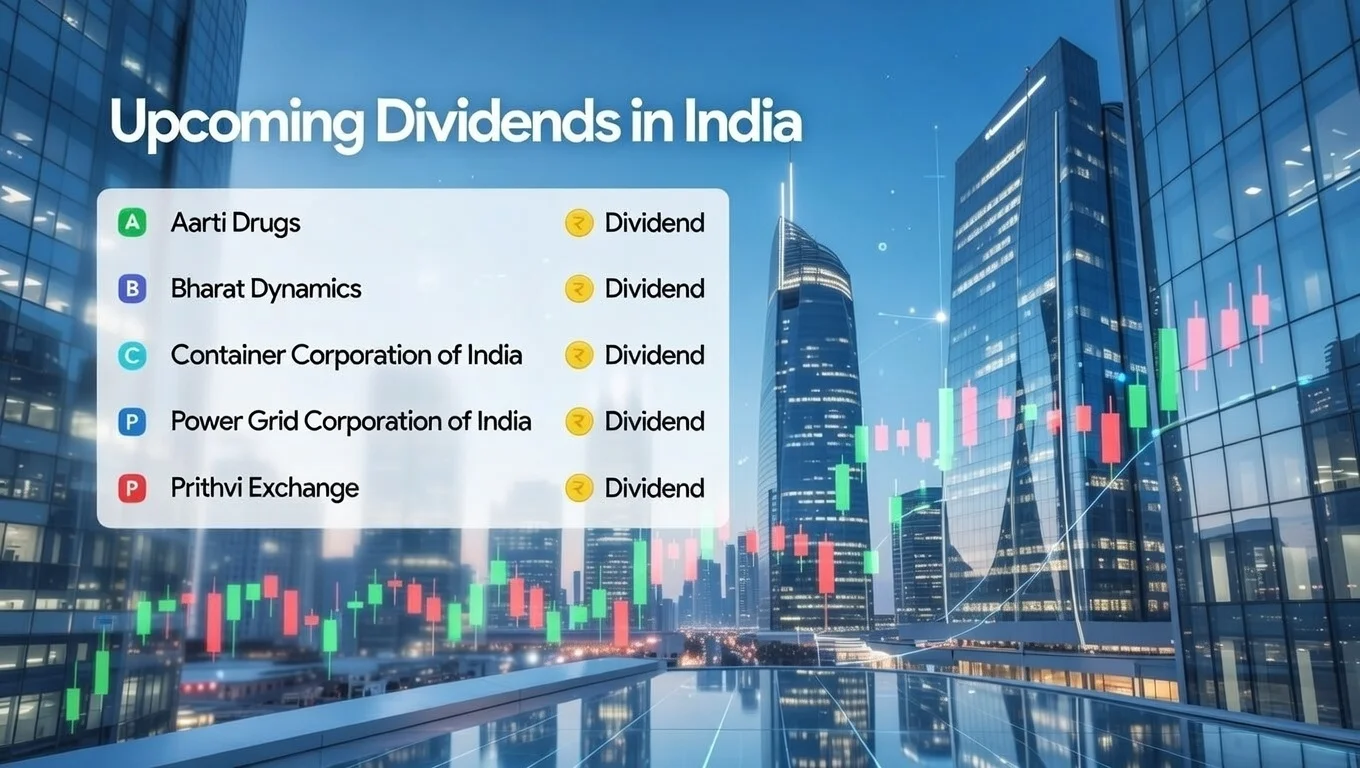Home >> Blog >> What Are Penny Stocks? Everything Beginners Should Know
What Are Penny Stocks? Everything Beginners Should Know

Table of Contents
- What Are Penny Stocks? Everything Beginners Should Know
- Definition of Penny Stocks
- Penny Stocks Meaning in the Share Market
- Why Do Companies Trade as Penny Stocks?
- Characteristics of Penny Stocks
- How to Identify Genuine Penny Stocks
- Advantages of Investing in Penny Stocks
- Risks of Investing in Penny Stocks
- Guidelines for Beginner Investors in Penny Stocks
- Final Thoughts
What Are Penny Stocks? Everything Beginners Should Know
To beginner investors, turning a small investment into a fortune is as easy as buying penny stocks, or as they are called, low-priced shares that trade for just a few rupees.
But what are penny stocks really? Are they hidden gems or dangerous traps? In this guide, we will explain penny stock definitions, characteristics, risks, advantages, and everything a beginner needs to know before buying them.
Definition of Penny Stocks
A penny stock definition is very simple: These are shares of small companies that trade at very low prices, often under ₹10 in India (or under $5 in the U.S.).
These stocks are usually issued by companies with small market capitalisation and limited business history, and they are less liquid as compared to large-cap stocks. Due to the price, small investors can buy thousands of shares. However, the risk and volatility associated with this class of shares can be extreme.
Penny Stocks Meaning in the Share Market
Penny stocks refers to small or micro cap companies whose stocks are very low-priced, and are traded on the BSE and NSE or even on the SME and regional exchanges. These businesses are either at the very initial stages of their growth, financially unstable, or are operating in specialised areas that have very little public information available.
Although, at the very least, these stocks are expected to carry a return of multi-bagger returns (sometimes 5x or 10x), they are equally capable of wiping out your capital completely if things go wrong.
Examples of Penny Stocks in India
Vodafone Idea Ltd, a telecom company, struggles with debt and competition.
These illustrations of "penny stocks", as some people are calling them, allow us to understand that "penny stocks" can be part of turnaround stories or small growth players of the troubled firm categorisation.
Why Do Companies Trade as Penny Stocks?
Some companies trade as low as pennies because of the following factors:
1. Financial Difficulties- Companies with losses and high debt are prone to low company valuations.
2. Limited Operations- Micro and small-cap companies will often limit the potential for sales and profit.
3. Market Disinterest- Low trading activity causes depressed prices
4. Previous Shortcomings- Companies that were once profitable may trade as penny stocks due to a decrease in performance and reputation.
Strong companies may trade at low prices before a rally; the drop offers smart investors an opportunity to purchase before the price increases.
Characteristics of Penny Stocks
Defining attributes of penny stocks are as follows:-
|
Feature |
Description |
|
Low Price |
Usually below ₹10 per share in India. |
|
Small Market Cap |
Typically under ₹500 crore. |
|
High Volatility |
Prices can move 20–30% in a single day. |
|
Low Liquidity |
Limited buyers and sellers make trading difficult. |
|
Limited Information |
Lack of financial transparency. |
|
High Risk, High Reward |
Carries potential for multi-bagger returns or complete loss. |
Investors can approach penny stocks with the proper caution and mindset if they are aware of these features.
How to Identify Genuine Penny Stocks
Here are some tips to identify those stocks:
1. A sign of a stock with growth potential is improving sales, profit, and cash flow.
2. A promoter with integrity is a prerequisite for growth.
3. Companies with high debt and low cash flow are to be avoided.
4. Choose sunrise sectors that have potential for the future like renewable energy and digital technology.
5. Understand trading patterns and how easily you can enter and exit a position.
6. Determine if a company adheres to the regulations set forth by SEBI and the stock exchanges.
Identifying a penny stock that meets the above criteria can help you determine whether it justifies your watchlist.
Advantages of Investing in Penny Stocks
-
Low Entry Cost- A tiny amount of capital is needed to invest in penny stocks, yet a modest investment can yield a large number of shares.
-
High Growth Potential- Small capital companies have the potential for explosive growth and can greatly reward investors who have a small initial investment.
-
Diversification- Investing in penny stocks provides a unique opportunity for diversification in your overall portfolio.
-
Opportunity for Early Discovery- You may invest in a company before it becomes mainstream.
Risks of Investing in Penny Stocks
-
Penny stocks can be very volatile. You could gain or lose 50% of your investment in just a few days.
-
During a market downturn you may face capital being “trapped” as other investors try to sell.
-
Many companies do not release audited reports and financial data regularly or at all.
-
These sets of scams consist of fraudulent marketers artificially inflating a stock's price only to drop it.
-
The majority of penny stocks don't seem to provide much in the way of reliable performance or steady revenue.
Penny stocks are not suitable for conservative investors or novices without sufficient study because of these dangers.
Guidelines for Beginner Investors in Penny Stocks
-
Keep penny stocks as a small part of your portfolio.
-
Verify a company’s fundamentals before buying; do not purchase on tips or rumours.
-
To prevent large drops in your portfolio, place a stop-loss order.
-
Invest in a variety of industries.
-
Stay up to date on news, results, and announcements from the company.
-
The greatest strategy to lower risks while investing in penny stocks is to take a methodical, research-based approach.
Final Thoughts
Penny stocks are inexpensive shares of tiny businesses, and the upside potential can be enormous, along with the risks. It’s important to understand the definition of penny stocks and the meaning of penny stocks before jumping in. Fortunes can be won, but they can also be lost through speculation and manipulation.
If you find yourself at the beginning of your investing journey, stop chasing low-priced stocks and look for quality small-cap companies with real businesses. Penny stocks can be a valuable part of your investment journey, although they can be quite volatile.
DISCLAIMER: This blog is NOT any buy or sell recommendation. No investment or trading advice is given. The content is purely for educational and information purposes only. Always consult your eligible financial advisor for investment-related decisions.
Author
Frequently Asked Questions
Penny stocks are very low-priced shares, usually trading below ₹10, belonging to small or micro-cap companies with limited financial strength and low liquidity.
Not really. Penny stocks are highly volatile, risky, and often lack proper financial disclosures. Beginners should approach them with extreme caution.
Companies trade as penny stocks due to weak financials, high debt, limited operations, poor market interest, or a major decline in performance over time.
Yes, they can generate massive returns if the company genuinely grows, but they can also fall to zero. The reward is high, but so is the risk.
Check for improving revenues, honest promoters, manageable debt, positive cash flow, sector growth potential, and proper regulatory compliance before investing.















.webp)



